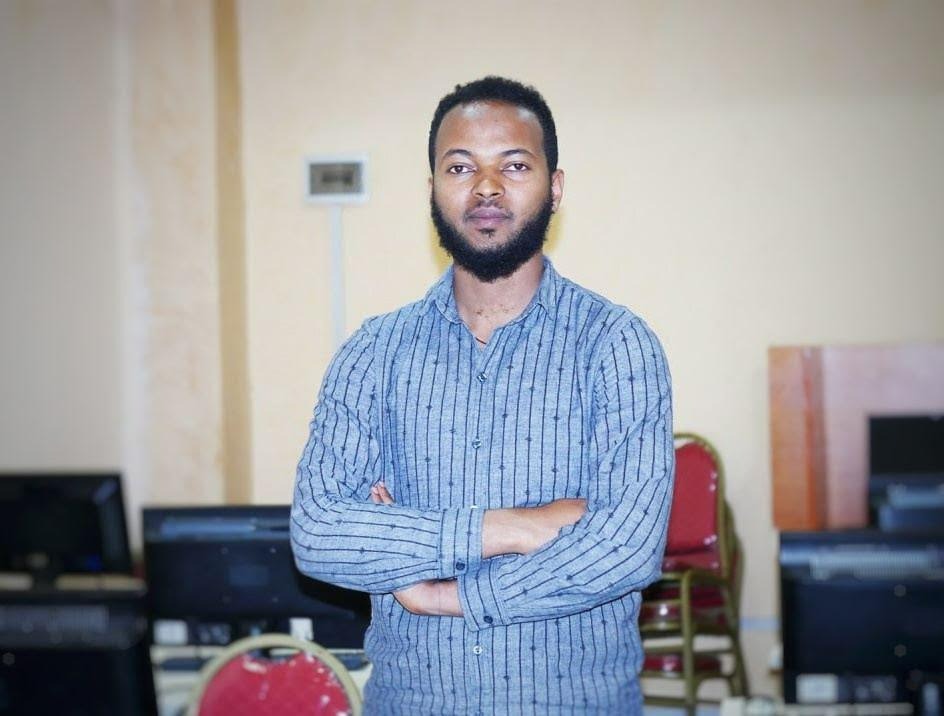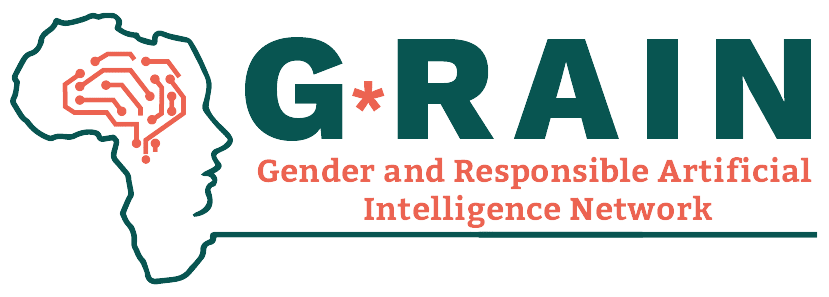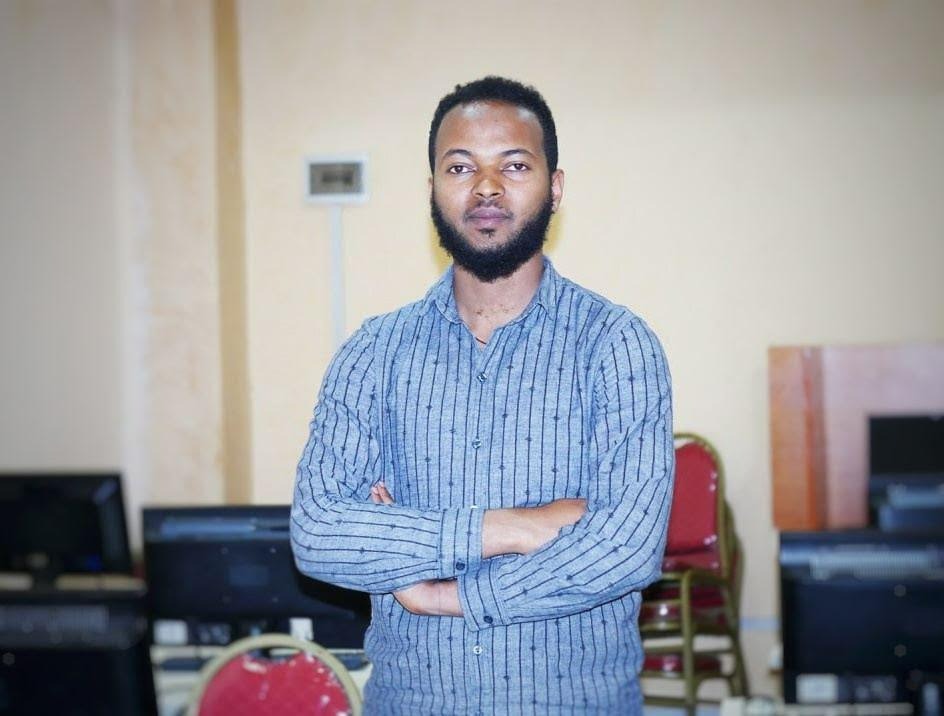Aim of the project
This project aims to examine the current state of representation of African local languages in the global AI ecosystem, identify challenges and explore potential opportunities for AI in Africa.
Project summary
Artificial intelligence has dramatically transformed the way businesses operate across all sectors, and natural language processing plays a crucial role in representing identity, observations and ideas, from high-level theories to day-to-day machine functions. Many digital organisations have succeeded by collecting data in written, verbal and visual form. However, most local African languages lack sufficient resources, preventing Africans from taking advantage of the opportunities offered by AI. For Africa to participate in and benefit from the global AI ecosystem, policymakers need to take decisive action on human resource development, private sector involvement and the promotion of innovation. This study aims to examine the current state of representation of African local languages in the global AI ecosystem, identify challenges and explore potential opportunities for AI in Africa.
Project sponsor : Natnael Tilahun

Natnael Tilahun is an accomplished individual with a strong academic and professional background in computer science and software engineering. He holds a BSc in Computer Science and IT, and an MSc in Software Engineering with a specialisation in Computer Vision through Deep Learning. Natnael has accumulated over four years of valuable professional experience, excelling in a variety of roles and projects. His achievements have earned him recognition and awards, cementing his reputation for exceptional problem-solving, creativity and leadership. Passionate about artificial intelligence, Natnael is dedicated to advancing the field and pursuing ambitious goals.
Members of the team :
Asrat Mulatu Beyene obtained his MSc and PhD from Addis Ababa University, School of Electrical and Computer Engineering, and the PhD programme in Computer Science, respectively. He is currently an Assistant Professor in the Department of Electrical and Computer Engineering at Addis Ababa University of Science and Technology.
His research interests include data science, secure distributed systems and hardware and software co-design. He has published numerous conference and journal proceedings. In addition, he has been responsible for ICT at the university since 2020 and is president of the Ethiopian chapter of the Internet Society.
Beakal Gizachew Assefa D. in Computer Science and Engineering from Koç University in 2019, where he was a teaching and research assistant. He is currently an assistant professor in the Department of Software Engineering at the Addis Ababa Institute of Technology Addis Ababa University. He is also Chair of the Artificial Intelligence Programme. He has published high-impact papers in internationally renowned journals, and has also chaired and been a member of the technical programme committee of several international conferences. He was also awarded Elsevier's Outstanding Reviewer of the Year 2017. He is also chair of the Ethiopian National Artificial Intelligence Policy Working Group.
Institution
AASTU was founded in 2011 and the first class (2000 students) was admitted in November 2011. Located in the north-eastern industrial corridor of Addis Ababa, AASTU is one of Ethiopia's youngest and most dynamic national universities of science and technology, where cutting-edge scientific research, technological innovation and teaching excellence have taken place over the past decade. AASTU's vision is to become an internationally recognised science and technology centre that will have a significant national and continental impact by 2030.
- Deliver world-class education and training programmes in national priority research areas and key economic sectors;
- Conduct high-impact problem-solving research to support the productivity and competitiveness of local industries and commercial institutions;
- To serve as a centre of excellence for technological innovation and entrepreneurship;
- Improve the technical and managerial capabilities of local industries and businesses.
Not that long ago, people lived and functioned in tight communities. Every vendor knew their customers personally and could make...
This Machine Learning Glossary aims to briefly introduce the most important Machine Learning terms - both for the commercially and...





